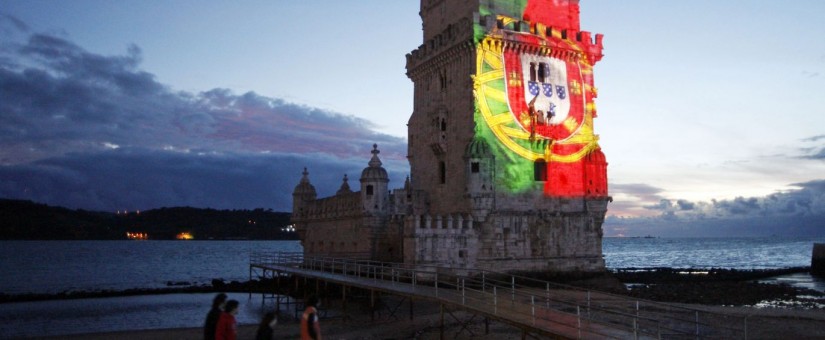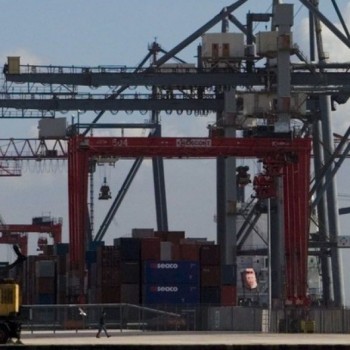
Portugal retreated between 2010 and 2013, almost ten years in social terms
- admin
- October 23, 2015
Economist Carlos Farinha Rodrigues said today that between 2010 and 2013 Portugal retreated almost ten years in social terms, with poverty levels to return to the beginning of the century.
Carlos Farinha Rodrigues led the study published in 2012 ‘Inequalities in Portugal’, whose reference year 2009, the period before the crisis, which will now be upgraded in a project carried out by the Foundation Francisco Manuel dos Santos and the Higher Institute of Economics and Management (ISEG-UL).
“The great potential of this study is that it will make a highest possible assessment of the effects of the crisis and the austerity policies on income distribution in poverty and situations of social precariousness”, explained Professor at ISEG, who spoke to Lusa the purpose of the International Day for the Eradication of Poverty, to be marked on Saturday.
There are already some work done and that will be poured in this study that allow “paint a picture that is not exactly a happy picture, because throughout these four years of adjustment had a strong worsening of social precariousness” and there are a number of factors that are “extremely worrying,” he said.
Compared to previous study results “found that” in three years, from 2010 to 2013, retreated almost 10 years in social terms, “he said.
“Poverty levels have returned to levels of the early century, inequality increased and above all child poverty has become more evident, more obvious, more worrying”, he said.
Questioned by Lusa that the economic recovery is already having an impact in improving the living conditions of the Portuguese, the economist also said there is no information to confirm this, except for the improvement of the unemployment indicators that will have an impact
The picture of what happened in the last two years has been passed by the charities that are on the ground in contact with poverty.
“Here, unfortunately, there is nothing to anticipate that the recovery has already arrived to the poorest families, on the contrary,” he said.
He recalled that the effects of the crisis and of the policies led to the “formation of new poor and the worsening living conditions of the most traditional poor”.
To the economist, this situation can only be countered by “a strategy to combat poverty, to blame the State for this strategy,” and that “at the same time be able to appeal to the participation of the best” that exists in civil society.
For this, it must “exist de facto social concern and political will to reverse this situation, which in my opinion is tragic.”
Flour Rodrigues said that “the Portuguese gave signs of a very large capacity for solidarity during this period”, giving as an example the pensioners with “very low pension” to abdicate these reforms to support children affected by unemployment.
“The Portuguese people have their part that remains is that the state fulfills what we should do what is clearly taking the fight against poverty and social exclusion in Portugal,” he argued.



 Português
Português English
English